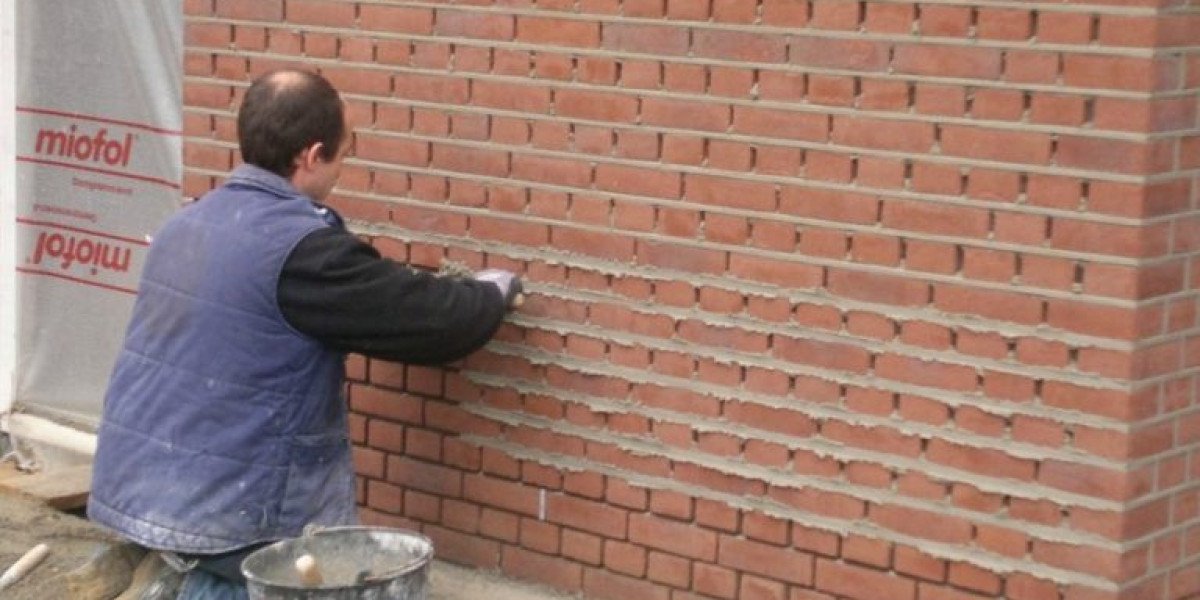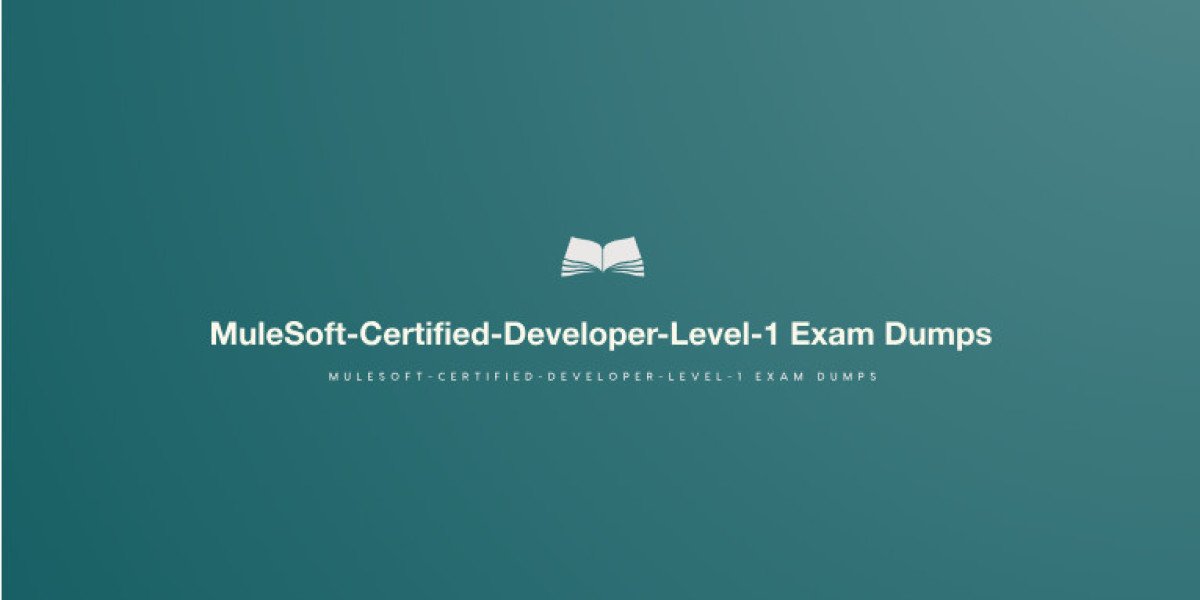When it comes to drilling into concrete, whether for construction, renovation, or maintenance, selecting the right concrete drill bit is crucial to maximize drilling efficiency. The right tool not only ensures that the job is done faster but also helps achieve more precise results while minimizing wear and tear on both your equipment and the materials being drilled. With the wide variety of drill bits available, choosing the correct one can sometimes be a challenge. This article will provide a detailed overview of how to choose the best concrete drill bit, understand its different types, and implement effective drilling techniques for the best results.
Understanding Concrete Drilling
Drilling into concrete is no simple task. Concrete is a dense and hard material that can pose significant challenges to even the most experienced professionals. When drilling into concrete, the primary goal is to create holes efficiently without damaging the surface or the drill bit. Whether you’re installing anchors, hanging shelves, or running wires, choosing the right drill bit is essential for the job.
Concrete drill bits are specially designed to handle the hardness and abrasiveness of concrete. These drill bits are different from those used for wood, metal, or plastic. They are made to withstand extreme friction, heat, and pressure without breaking or dulling prematurely.
The Key Components of a Concrete Drill Bit
Before you dive into the specifics of types and models, it’s important to understand the key components of a concrete drill bit. Concrete drill bits are designed with features that make them ideal for penetrating tough surfaces:
Carbide Tip – The tip of the drill bit is often made from carbide, a tough material that is much harder than steel. This allows the drill bit to remain sharp and resistant to wear even when drilling into extremely hard concrete.
Fluted Shaft – The shaft of a concrete drill bit is designed with flutes to help clear debris and dust from the hole as you drill. This helps to keep the bit cool and ensures that drilling continues smoothly without interruption.
Steel Construction – While the tip is typically made of carbide, the body of the drill bit is usually crafted from steel, which provides the necessary flexibility and durability to withstand the demands of drilling into hard materials.
Hammering Mechanism Compatibility – Many concrete drill bits are designed to work with hammer drills. A hammer drill combines rotational motion with a rapid hammering action that helps break through tough materials like concrete and masonry.
Types of Concrete Drill Bits
There are several types of concrete drill bits, each suited for different applications. Selecting the right one can significantly improve drilling efficiency. Here are the main types:
1. Masonry Drill Bits
Masonry drill bits are the most common type of drill bit for concrete, brick, and stone. They feature a carbide tip, making them durable and resistant to wear when drilling into hard materials. These bits are generally used for drilling smaller holes and are ideal for standard concrete work.
Best Use: General masonry drilling in soft to medium concrete or brick.
Features: They are available in various sizes and often come with a standard cylindrical or flat shank for compatibility with most drills.
2. SDS Drill Bits
SDS drill bits are specifically designed for use with SDS (Slotted Drive System) drills, which are capable of both rotary and hammering action. These bits are often equipped with a carbide tip and are ideal for heavy-duty concrete drilling, especially in tougher materials.
Best Use: Drilling into dense concrete, reinforced concrete, and stone.
Features: SDS bits have a specialized shank design that ensures they stay securely in place during hammering operations, making them perfect for larger-scale projects.
3. Diamond Core Drill Bits
Diamond core drill bits are designed for drilling larger holes and are fitted with industrial-grade diamonds at the tip. They are highly effective in cutting through very hard concrete, asphalt, and even reinforced concrete. Due to their durability and sharpness, they can handle difficult tasks with ease.
Best Use: Drilling large holes in reinforced concrete, asphalt, or stone.
Features: Typically used for core drilling, where you need to create a cylindrical hole without damaging the surrounding material. These bits are perfect for plumbing, electrical work, and HVAC installations.
4. Twist Drill Bits
Twist drill bits are also used for concrete drilling, although they are generally less efficient than masonry and SDS bits. They can be used for smaller jobs, such as drilling pilot holes, but they are not typically suitable for heavy-duty tasks due to their relatively low durability.
Best Use: Small, light-duty concrete jobs.
Features: While these bits can be effective for basic masonry, they will wear down quickly if used on tougher concrete or for extensive drilling projects.
How to Choose the Right Concrete Drill Bit
Choosing the right concrete drill bit is essential to maximize drilling efficiency. Here are some tips to help you make the best selection:
1. Consider the Material Type
Not all concrete is the same. The material you are drilling into plays a significant role in determining which drill bit to use. For example, drilling into soft concrete or mortar may not require as tough a drill bit as drilling into reinforced concrete or rock. Be sure to choose a drill bit that matches the material's density and hardness.
2. Drill Size and Depth
The size and depth of the hole you need to drill should also influence your decision. If you need to drill large, deep holes, diamond core drill bits or SDS drill bits are the best options. For smaller holes, masonry drill bits or twist drill bits will be sufficient.
3. Drill Type
As mentioned earlier, certain drill bits are compatible with specific types of drills. SDS drill bits require an SDS drill to function correctly, while masonry and twist drill bits can be used with standard drills. Make sure the drill bit is compatible with your drill to avoid any issues during use.
4. Drilling Speed
The right drill bit will allow you to maintain a steady, fast pace when drilling, ensuring that you complete the task quickly and efficiently. When using the right drill bit, you'll notice less resistance, reduced friction, and less wear on both the tool and the material.
5. Durability
Concrete drilling can put a lot of strain on your tools, so durability is an important factor when selecting a drill bit. Opt for drill bits made from high-quality materials, such as carbide-tipped or diamond-tipped models, which will ensure longevity and performance.
Tips for Maximizing Drilling Efficiency
Even with the best drill bit, there are a few techniques and tips that can further enhance drilling efficiency and make your job easier.
1. Use a Hammer Drill
A hammer drill is specifically designed for drilling into hard materials like concrete. The hammering action combined with the rotation makes it much easier to break through the surface. Be sure to use the hammer drill on its hammer setting when drilling into concrete.
2. Maintain the Correct Speed
Too high a speed can cause overheating of the drill bit, while too slow a speed may make the drilling process inefficient. For most concrete applications, a medium speed is optimal. This allows the bit to maintain sharpness while still effectively cutting through the concrete.
3. Apply Consistent Pressure
While drilling, maintain steady and consistent pressure on the drill. Pushing too hard can cause the bit to overheat or wear down quickly, while not applying enough pressure may slow the drilling process.
4. Clear Debris Frequently
As you drill, concrete dust and debris will accumulate in the hole. Clear it regularly to avoid clogging the bit and reducing its effectiveness. You can use a vacuum or air compressor to clear out the debris.
Conclusion
Maximizing drilling efficiency when working with concrete is all about selecting the right concrete drill bit for your project. By understanding the types of drill bits available, the material you're working with, and the correct drilling techniques, you can ensure that your drilling tasks are completed quickly, safely, and with precision. Whether you are a seasoned professional or a DIY enthusiast, investing in high-quality concrete drill bits will not only improve your efficiency but also deliver more precise and durable results.







